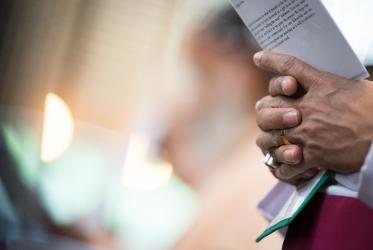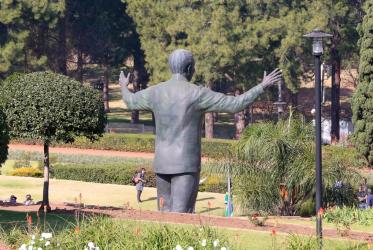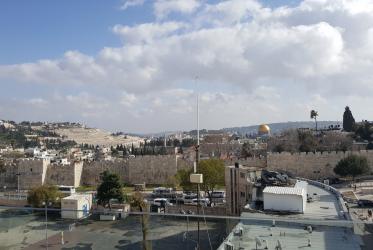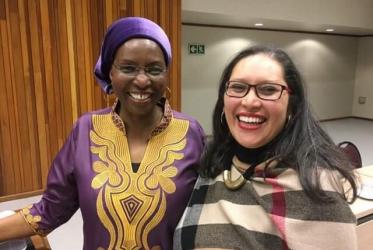Displaying 1 - 20 of 34
Churches in southern Africa stand against violence, xenophobia
10 October 2019
“Love will find a way”
23 August 2018
«L'amour triomphera»
23 August 2018
#WCC70: Churches as “freedom agents”
12 February 2018
#WCC70: Les Églises, des «agents de la liberté»
12 February 2018








